
Bulk and break bulk are commonly misunderstood and mistakenly used interchangeably within the shipping industry. However, it is essential to recognize that these two terms represent different aspects of cargo transportation. Bulk and break bulk cargo differ significantly in their types, handling methods, and port requirements.
Understanding these discrepancies is crucial for effective logistics management and ensuring goods’ safe and efficient movement.
In this article, we will explore the contrasting characteristics of bulk and break bulk cargo, shedding light on their unique attributes and significance in the shipping world.
What is Bulk Cargo?
Bulk cargo involves shipping dry commodities in a loose form without packaging. This category encompasses many goods, including iron ore, coal, grain, alumina, and phosphate. Specialized ships known as Ore Carriers, Bulk Carriers, or Bulkers load these cargoes directly into their holds.
These vessels’ Deadweight (DWT) determines their classification, representing the maximum weight they can safely carry. The DWT includes the cargo, crew, stores, fuel, fresh water, and ballast water. Ships must adhere to the certified DWT to prevent potential risks of sinking or damage.
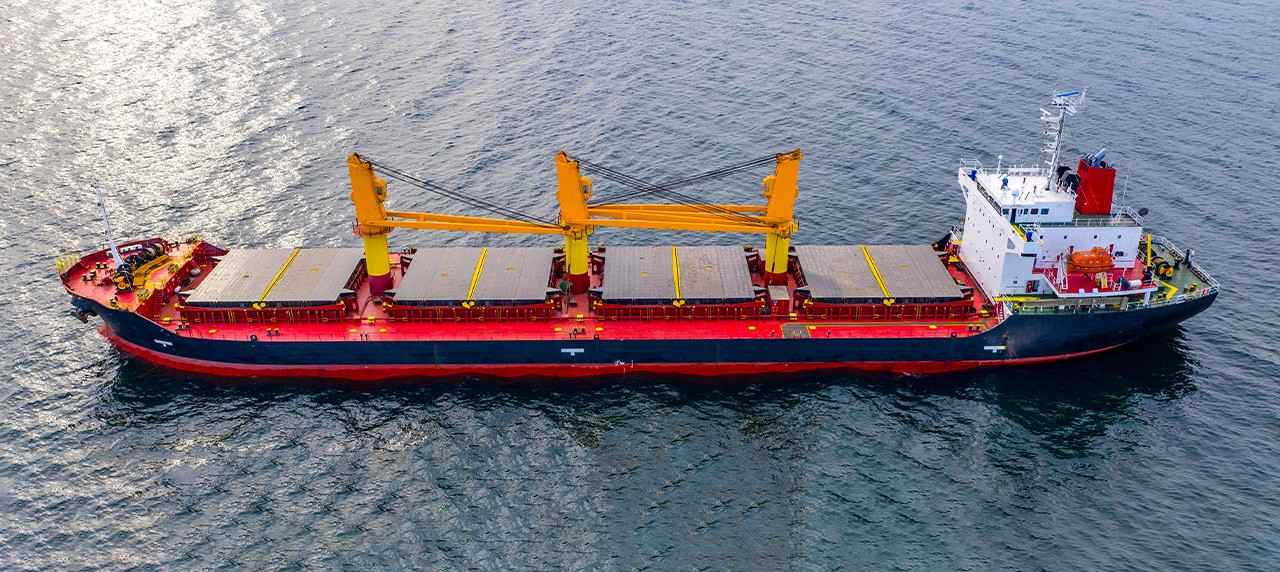
What is Break Bulk Cargo?
Break bulk cargo encompasses transporting goods in various unitized forms, such as pallets, bags, straps, bundles, drums, and crates. It also contains non-unitized general cargo such as vehicles and steel.
Unlike bulk cargo, break bulk cargo is not loaded directly into the ship’s holds but requires individual handling and stowage. The term “break bulk” originated from breaking down cargo into smaller units for loading and unloading purposes.
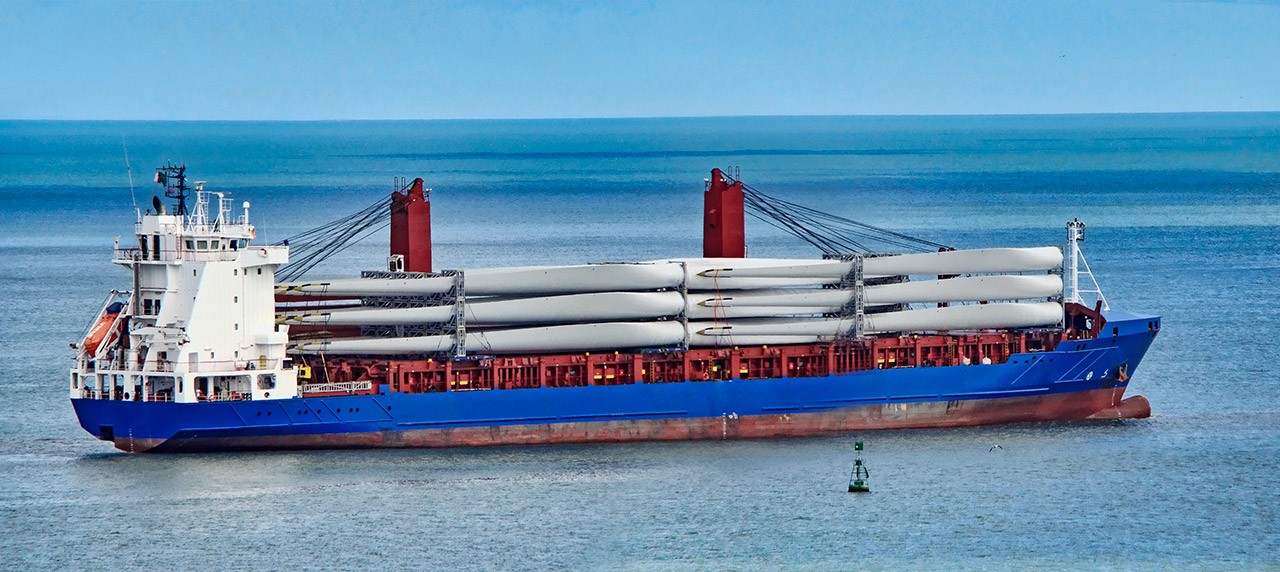
Types of Bulk Cargo
Bulk cargo encompasses a range of dry commodities transported in loose form. The most common types of bulk cargo include:
- Iron Ore: Mined iron ore is an important raw material for steel production
- Grain: Agricultural products like wheat, corn, rice, and soybeans
- Coal: A fossil fuel used primarily for power generation and industrial processes
- Alumina: The intermediate product derived from bauxite, used in aluminum production
- Phosphate: A mineral used in fertilizers and various industrial applications
Bulk carriers have multiple cargo holds and a single deck. They can accommodate either a single cargo parcel in all holds for one customer or multiple parcels with cargoes in different holds for different customers.
Due to the homogeneous nature of bulk cargoes, dedicated terminals are often required for efficient loading and discharging operations.
For instance, the Richards Bay Coal Terminal in South Africa is a specialized terminal specifically designed for handling bulk shipments, such as coal. The size of bulk ships may vary depending on the specific requirements of the transported cargo.
Get Your Free Quote Today!
Types of Break Bulk Cargo
Specialized vessels known as Break Bulk, Multi-Purpose, or General Cargo vessels carry break bulk cargo. These ships come in various sizes and types, including Single Decker, Tween Decker, and vessels with Box Holds. Here are some of the types:
Project Cargo
This category includes specialized cargo associated with large-scale infrastructure development, oil and gas projects, or power plant construction. It involves transporting oversized, heavy, or high-value goods that require careful planning, engineering, and handling.
Heavy Lift Cargo
Heavy lift cargo refers to goods that exceed standard shipping containers’ average weight or size limits. It typically involves transporting heavy machinery, industrial equipment, or components that require specialized lifting equipment and expertise for loading and unloading.
Out-of-Gauge Cargo
Out-of-gauge cargo refers to goods that exceed the dimensions of standard shipping containers, either in terms of length, width, height, or a combination of these. It includes oversized machinery, large vehicles, or goods with irregular shapes that require special handling and securing during transport.
These types of break bulk cargo demand specific attention and expertise due to their unique characteristics and transportation requirements. Break bulk vessels provide the necessary infrastructure and equipment to accommodate such cargo, ensuring safe and efficient delivery to their destinations.
Two Types of Bulkers
There are two types of bulkers available in the shipping industry:
- Gearless bulkers: Also known as non-gear ships, lack their cranes and/or cargo handling equipment. As a result, these vessels can only dock at terminals equipped with the necessary cargo handling facilities
- Geared bulkers: In contrast, geared bulkers have cranes and cargo handling equipment. As a result, these ships have the flexibility to call at any suitable berth within a port for cargo operations
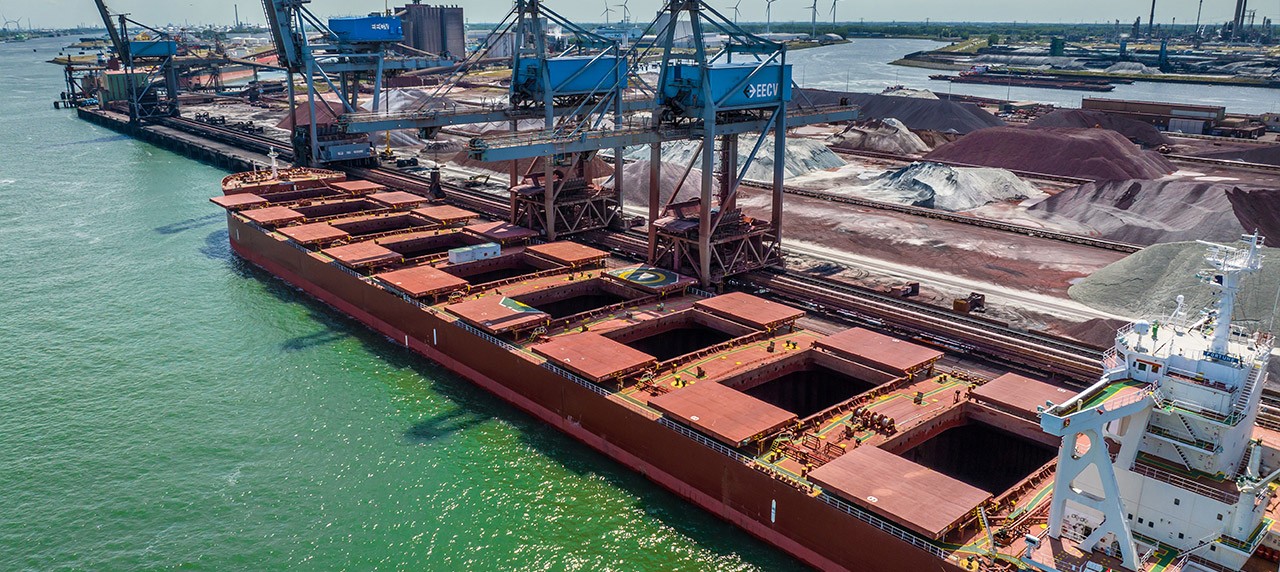
Two Types of Break Bulk Ships
There are two types of vessels based on their cargo-handling capabilities:
- Gearless: Gearless ships need cranes or cargo-handling equipment. As a result, they can only berth at terminals equipped with the necessary machinery to handle the cargo. These ships rely on the terminal’s equipment for loading and unloading operations
- Geared: Conversely, ships with cranes or cargo handling equipment are geared ships. This enables them to call at any suitable berth in a port and perform cargo operations independently. The presence of onboard cranes provides flexibility regarding berthing arrangements and cargo handling
Freight rates for break bulk cargo are determined based on either the weight or volume of the goods and are typically calculated using Freight Ton. Freight Ton is determined by the cargo’s volume in cubic meters (CBM), while Revenue Ton considers the weight of the cargo in metric tons (MT). The higher value between Freight and Revenue Ton is used when calculating freight charges for break bulk shipments.
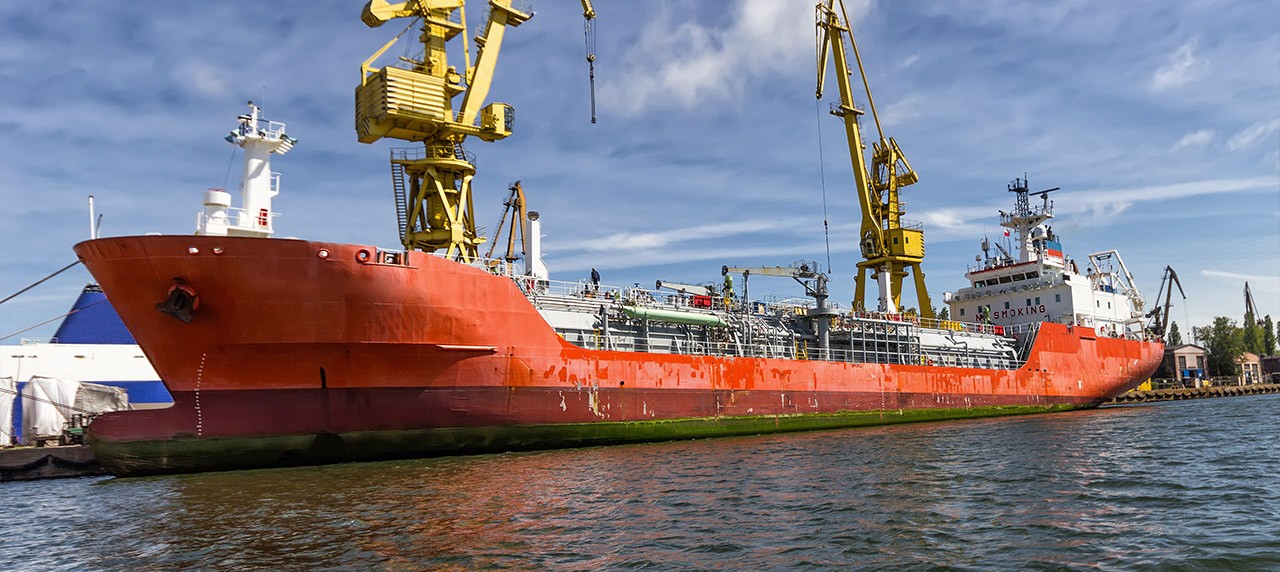
Benefits of Bulk Shipping
Bulk shipping offers numerous benefits for businesses transporting large quantities of goods.
- Cost-Effective: Bulk shipping is a cost-effective method for transporting large quantities of goods. Consolidating a large cargo volume into a single shipment allows for the achievement of economies of scale, resulting in lower transportation costs per unit
- Efficient Handling: Bulk shipping suits industrial or agricultural items that can be loaded and unloaded in bulk, such as grains, minerals, ores, or liquids. It allows for efficient handling and minimizes the time and effort required for individual packaging and handling of goods
- Inventory Management: Bulk shipping facilitates effective inventory management for businesses. By transporting goods in bulk, businesses can maintain an optimal stock level, ensuring a steady supply to meet customer demand while minimizing inventory holding costs
- E-commerce Solution: Bulk shipping is an excellent solution for e-commerce businesses selling products in wholesale quantities. It allows for the efficient movement of large quantities of goods from manufacturers or suppliers to distribution centers or retail stores, supporting the wholesale trade
- Flexibility: Bulk shipping offers flexibility in terms of cargo types and transport modes. Various commodities, including dry bulk such as grains, coal, and minerals, and liquid bulk such as oil and chemicals, can utilize bulk shipping. Depending on the specific requirements, bulk cargo transportation can occur via various modes, including ships, barges, or pipelines
- Environmental Impact: Bulk shipping can have a lower environmental impact compared to other shipping methods. Transporting a larger quantity of goods in a single shipment reduces the trips required and minimizes carbon emissions per unit of cargo transported
Benefits of Break Bulk Shipping
Break bulk shipping offers several advantages, making it a preferred choice for certain types of cargo:
- Cost-Effective Alternative: This type of shipping shipping provides an affordable option for shipping oversized cargo, eliminating the need for dismantling and reassembling goods to fit into containers. This saves costs associated with container leasing or purchasing
- Suitable for Oversized and Heavy Cargo: It accommodates oversized, heavy, and out-of-gauge cargo that standard shipping containers cannot accommodate, making it an ideal choice for transportation. It provides flexibility in handling non-containerizable items
- Time Saving: If the cargo does not require dismantling, it can save valuable time. Loading cargo onto the ship as a single piece reduces the need for deconsolidation and reconsolidation. This leads to faster delivery times
- Access to Smaller Ports: Shipments can be delivered to a wide range of ports worldwide, including smaller ports. The availability of equipment on the ship allows for efficient loading and unloading, minimizing the need for additional transportation of goods
- Easy Transportation of Bulky Items: Eliminates the requirement to separate goods into containers. The ship uses specialized equipment such as cranes to load, making it easier to transport bulky items
Understanding the distinction between bulk and break bulk cargo is crucial for effective logistics management in the shipping industry. Bulk cargo refers to loose, unpackaged commodities transported in specialized bulk carriers, while break bulk cargo involves unitized goods requiring individual handling.
Read More
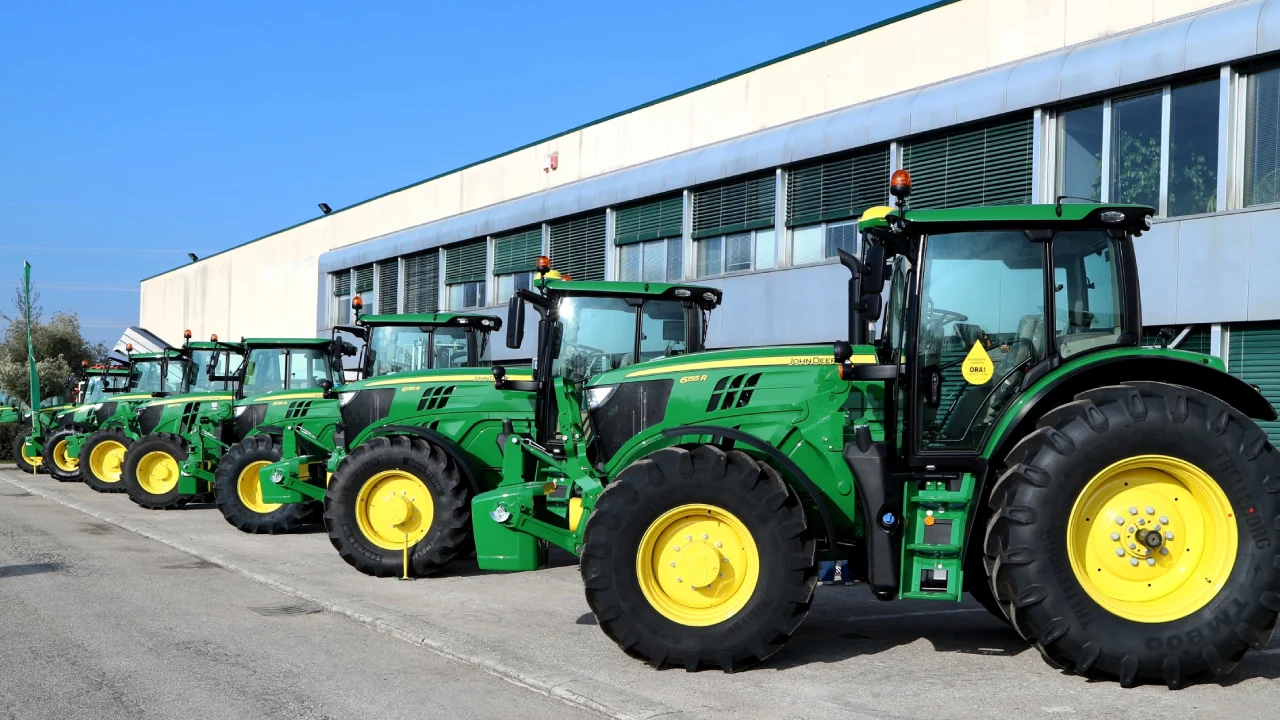
 Victoria Moseicuka
Victoria Moseicuka
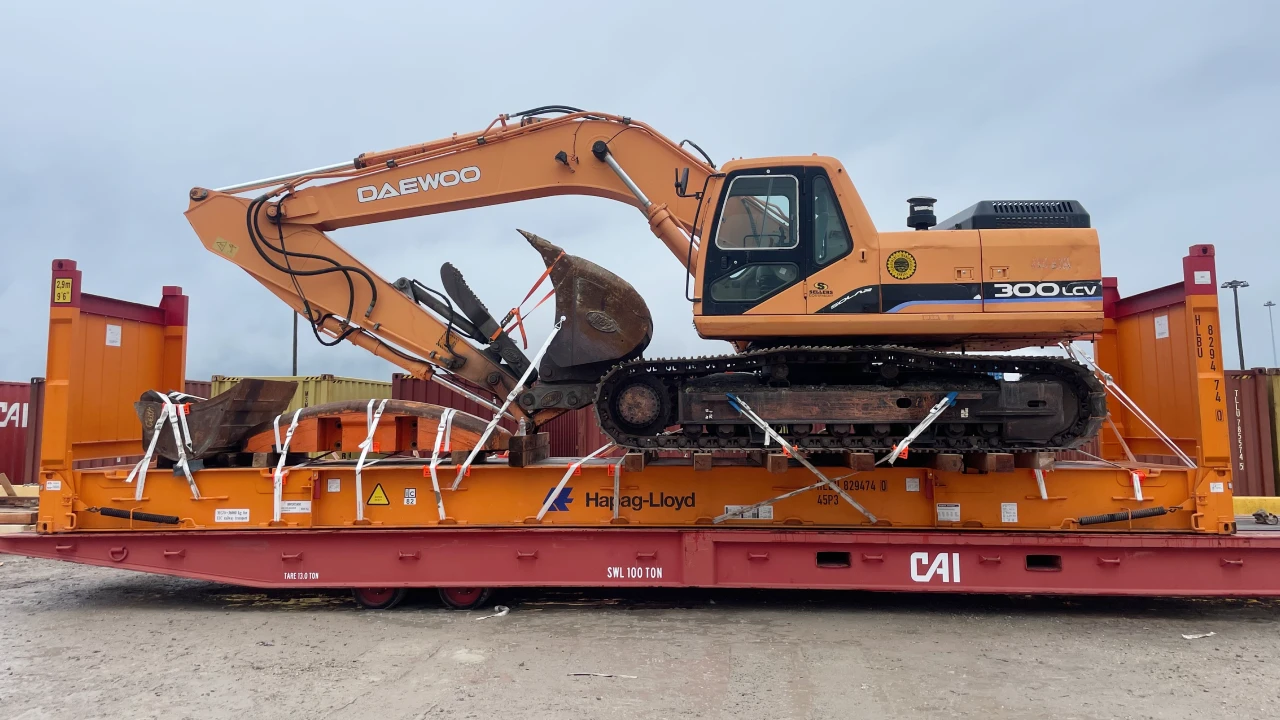
 Victoria Moseicuka
Victoria Moseicuka
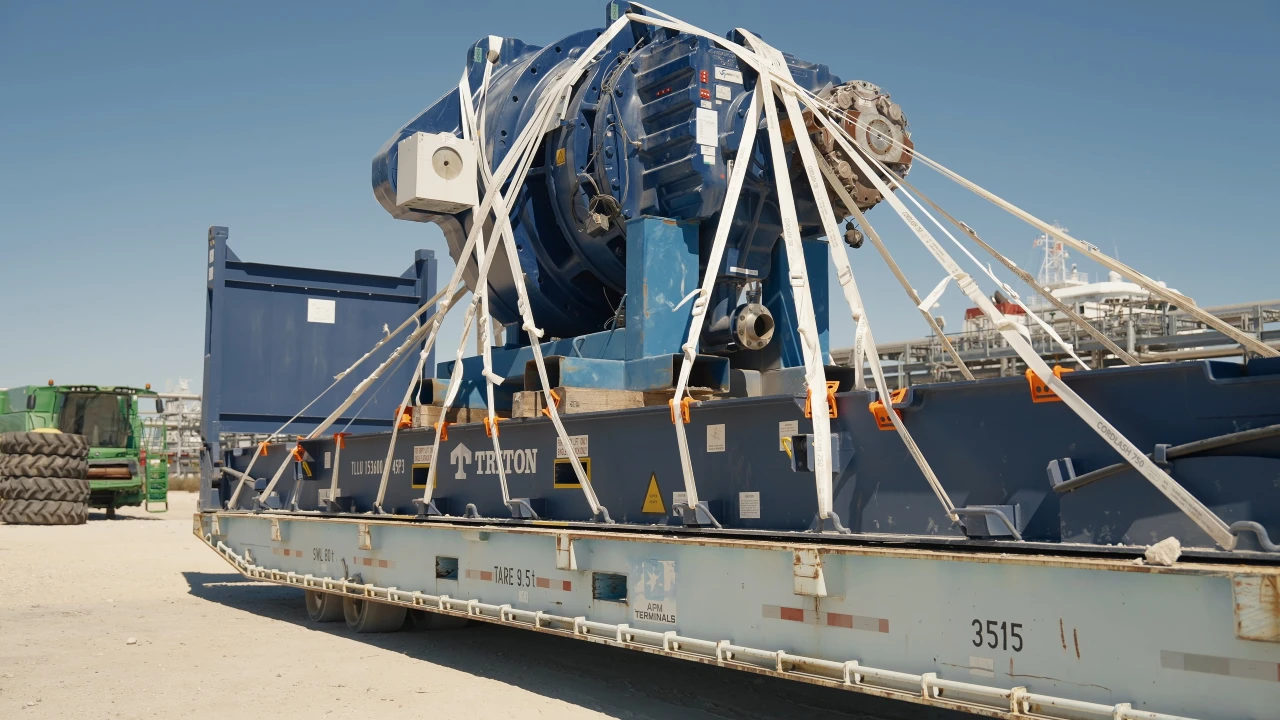
 Victoria Moseicuka
Victoria Moseicuka